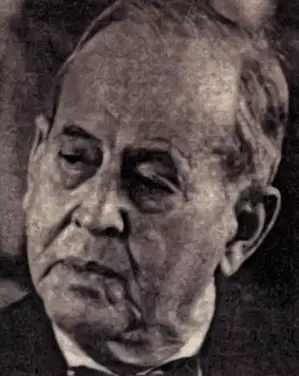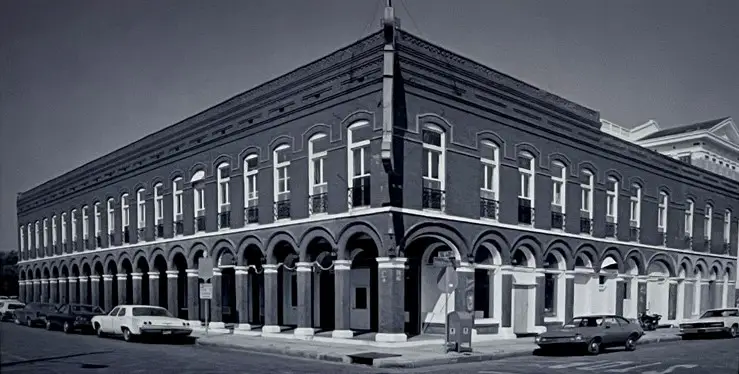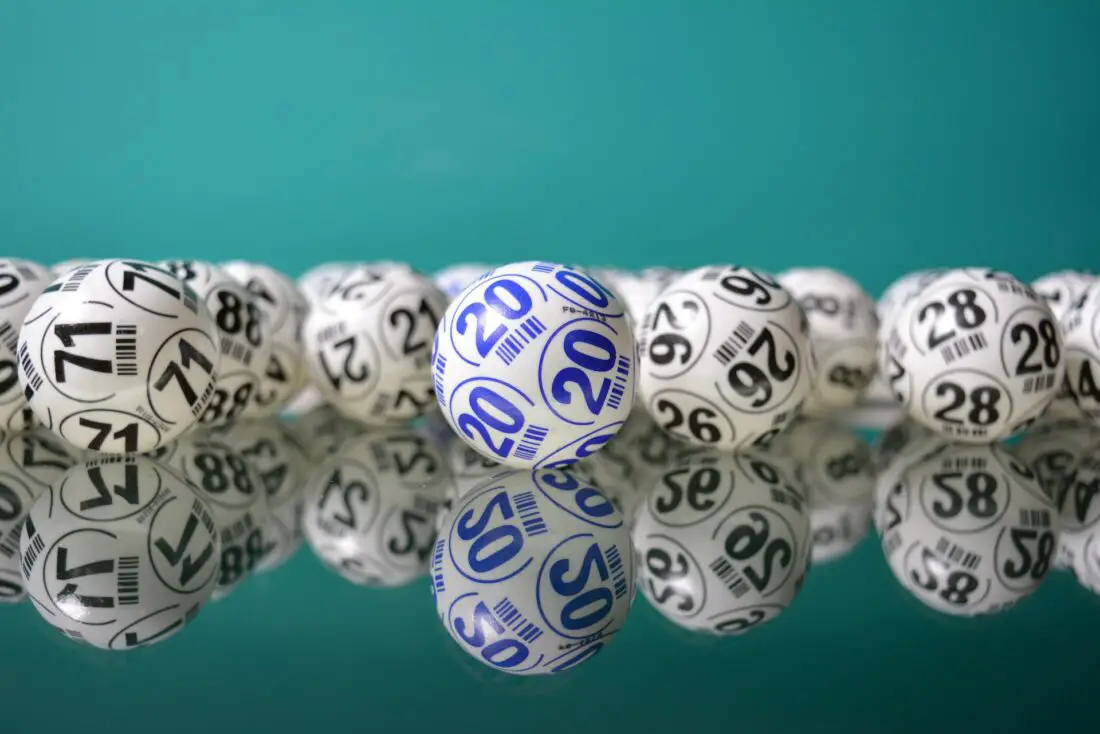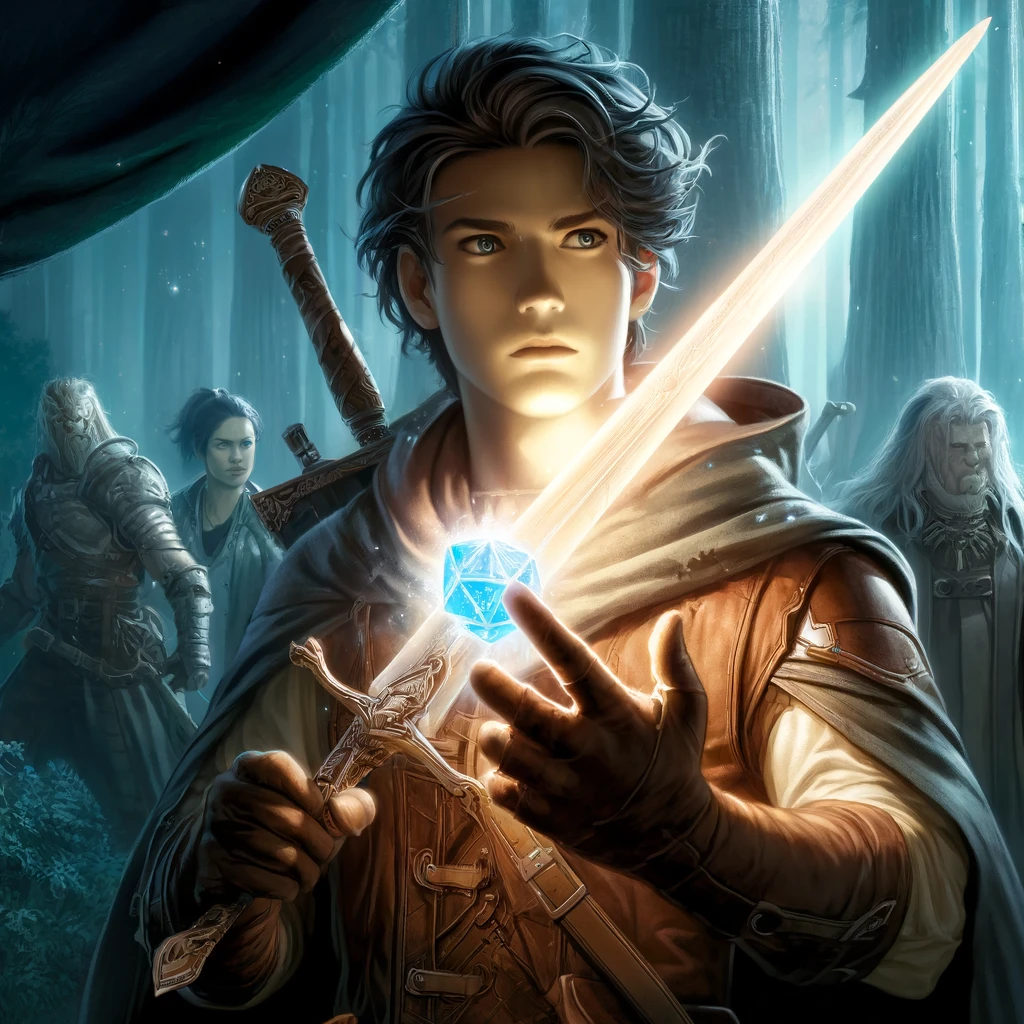Bolita, a numbers racket game, has an 80-1 reward, which might be extremely profitable. However, given the high stakes, it was more profitable to run. With millions of dollars wagered annually, the Tampa numbers racket in the middle of the 20th century. Bloodshed resulted as crime gangs fought for dominance as a result.
The current lottery was a forerunner to this type of numbers gambling. A game worker put wooden or ivory balls with the numbers 1 through 100 in a sack. There was only one successful number drawn.
What is The Tampa numbers racket? – What is Bolita?

The game was said to have originated in France a few years after the French Revolution and then migrated to nearby Spain. The game spread from Spain to Cuba and Key West before Tampa, where bar owners initially used it as a promotion. Bolita, meaning “little balls,” was a betting game popular in Ybor City. Bolita was similar to today’s lottery, except today’s lottery is legal, while Bolita was not. In other major US communities, illegal lotteries were known as the ‘numbers racket or running numbers. Bolita was just one of the many illicit activities sponsored by organized crime in Ybor City.
Who Started Bolita in Tampa
Manuel Suarez from Spain, known as “El Gallego,’ introduced Bolita to Ybor City in the late 1880s, and the game’s popularity was second to none in Ybor City by 1900. Bolita became part of Ybor’s Latin culture as Cubans, Spaniards, and ultimately Italians came to regard it as an accepted fixture in Ybor City. A cottage industry surrounded Bolita, supporting hundreds of individuals ranging from sellers and bankers to merchants. The Bolita game became a multi-million dollar business.
How Was Bolita Played?

A nightly “throwing” selected each day’s winning numbers, and crowds gathered to witness the lively event. Bolita commenced when the officials placed 100 ivory balls, each with a different printed number, into a velvet sack and threw the sack from person to person to mix the balls. Eventually, a “catcher” caught the bag and selected the day’s winning number. Since Bolita was an illegal game, it did not have the same. The 99 losing numbers were allowed to fall to the ground once the sack was cut underneath that ball.
Protections to prevent tampering that are in place for today’s lottery drawings. Bolita drawings were sometimes rigged So that a certain number would win. One method was to place the ball you wanted to be the winner on a block of ice to make it cold so that when the “catcher” put his hand into the bag, he could feel for the cold ball and pull out the predetermined winner,
Bolita’s Effects on Ybor
The evolution of Bolita accompanied the rapid growth of Ybor City. When Ybor City was essentially a frontier town, Bolita was little more than a sideline of the saloon trade, and patrons casually bought a ticket along with their beer or wine. However, as the number of saloons and the popularity of Bolita increased, Bolita peddlers expanded operations. They began selling chances in grocery stores and clubhouses and building lavish gambling halls.
How did the numbers racket work? – Enter Charlie Wall, the “Bolita King’ of Tampa

The vast profits gained by those who ran Bolita in Ybor, combined with the illicit nature of the game, attracted several corrupt politicians and law enforcement agents in Tampa’s government. By the 1920s, Bolita was run by a man named Charlie Wall. With his powerful political connections and head for business, he became the undisputed “Bolita King’ of Tampa.
Wall’s control of the lucrative Bolita racket gave him a great deal of political power. He swayed the outcome of nearly every Hillsborough County election for the three decades he ruled Bolita.
At least 40 murders in Tampa were committed in the first half of the 20th century, according to estimates by the late historian Tony Pizzo. Many additional people suffered injuries.
Many groups, including the Sicilian mafia, challenged Wall for control of Bolita, which led to several violent episodes, including a number of murders and the assassination of Wall in 1955. This corruption and violence came to a head in the 1950s after receiving national attention. Residents of Tampa called for the city to be cleaned up. The Hillsborough County Sheriff’s Office Vice Squad was trying to break up Bolita rings. As a result, Bolita faded from the scene in Ybor City shortly after that.
Role of Ybor’s Clubs in the Numbers Racket

The Cherokee Club, built in 1888, later known as El Pasaje Restaurant, was a center of the Bolita racket in Ybor City.
The Cherokee Club was a popular rendezvous for the elite in the 1890s. Its fame spread throughout the Americas.
Jose Marti slept here on his first trip, Nov.25, 1891. Before retiring, he said, “I feel happy amongst warriors….” Others came here: Col. “Teddy” Roosevelt, Pres. Grover Cleveland, Sir Winston Churchill, Gen. Leonard Wood, and Frederick Remington. From 1890 to 1935, all Governors of Florida were feted here.
Pick Your Number By Your Dreams – Choosing a Bolita Number
When trying to pick a number on which to place their bet for the night, gamblers looked to many forms of inspiration for the number to choose, including dreams! Just like today, when people choose their lucky number based on a loved one’s birthday when playing the lottery, dreams used to be a great way to decide how to place a bet. One could even purchase a chart from a local department store that assigned a number to a symbol or an animal according to the subject of one’s dreams. For example, each list had one different dream for Bolita’s 100 little balls.
Imagining a full moon? Bet on number 80. Elephants were No. 9, hogs were No. 33, and fires were No. 100 on the list. Do you recognize anything on this list from your most recent dreams? It might be a lucky number for you!
- Caballo – Horse
- Mariposa — Butterfly
- Marinero — Sailor
- Gato Boca – Cat Mouth
- Monja – Nun
- Jicotea – Turtle
- Caracol – Sea Shell
- Muerto – Dead
- Elefante – Elephant
- Pez Grande – Large Fish
- Gallo – Rooster
- Puta — Prostitute
- Pavo Real – Peacock
- GatoTigre – Tiger
- Perro – Dog
- Torro – Bull
- Luna – Moon
- Pez Chico – Small Fish
- Lombriz – Worm
- Gato Fina – Fine Cat
- Maja – Snake
- Sapo – Frog
- Vapor – Steam Ship
- Paloma – Pigeon
- Piedra Fina — Fine Stone
- Anjulla – Eel
- Avispa – Wasp
- Chivo – Goat
- Rat6n – Rat
- Camarén – Shrimp
- Venado – Deer
- Cochino – Hog
- Tifiosa – Black Crow
- Mono – Monkey
- Arafa — Spider
- Cachimba – Pipe
- Gallina – Chicken
- Goleta -— Sail Boat
- Conejo – Rabbit
- Muchacho Majo – Bad Boy
- Pato – Duck
- Carnero – Lamb
- Vaca – Cow
- Afio Malo – Bad Year
- Carro — Street Car
- Racim — Raccoon
- Sangre – Blood
- Cucaracha – Roach
- Figurin – Sport
- Flores — Flowers
- Policia – Police
- Borracho – Drunkard
- Tradgedia – Tragedy
- Mulo – Mule
- Iglesia – Church
- Bote – Boat
- Cama – Bed
- Cangrejo – Stone Crab
- Sortija – Ring
- Sol Claro – Sun
- Revolver — Revolver
- Lampara – Lamp
- Espada – Sword
- Muerto Grande – Large Corpse
- Carcell — Jail
- Estrella – Star
- Reloj – Clock
- Cuchillo – Knife
- Mamadores – Suckers
- Barril — Barrel
- Perro Negro – Black Dog
- Serrucho – Saw
- Morena – Black Woman
- Pifia – Pineapple
- Corbata – Neck Tie
- Caja de Hierro – Safe
- Banderas – Flags
- Sarcéfago – Coffin
- Tren de Carga – Freight Train
- Luna Llena — Full Moon
- Navaja – Razor
- Vieja Mala – Bad Old V
- Limosnero – Beggar
- E|Mar – The Sea
- Espejo — Mirror
- Ardilla — Squirrel
- Baul – Truck
- Espejuelos – Eye Glasse
- Casa Vieja – Old House
- Vieja Grande – Old Man
- Pajara – Bird
- Leon — Lion
- Guerra — War
- Leontina – Vest Chain
- Alacran – Scorpion
- Zapatos – Shoes
- Sinsonte – Mocking Bird
- Entierro — Funeral
- Temporal ~ Storm
- Candela – Fire




